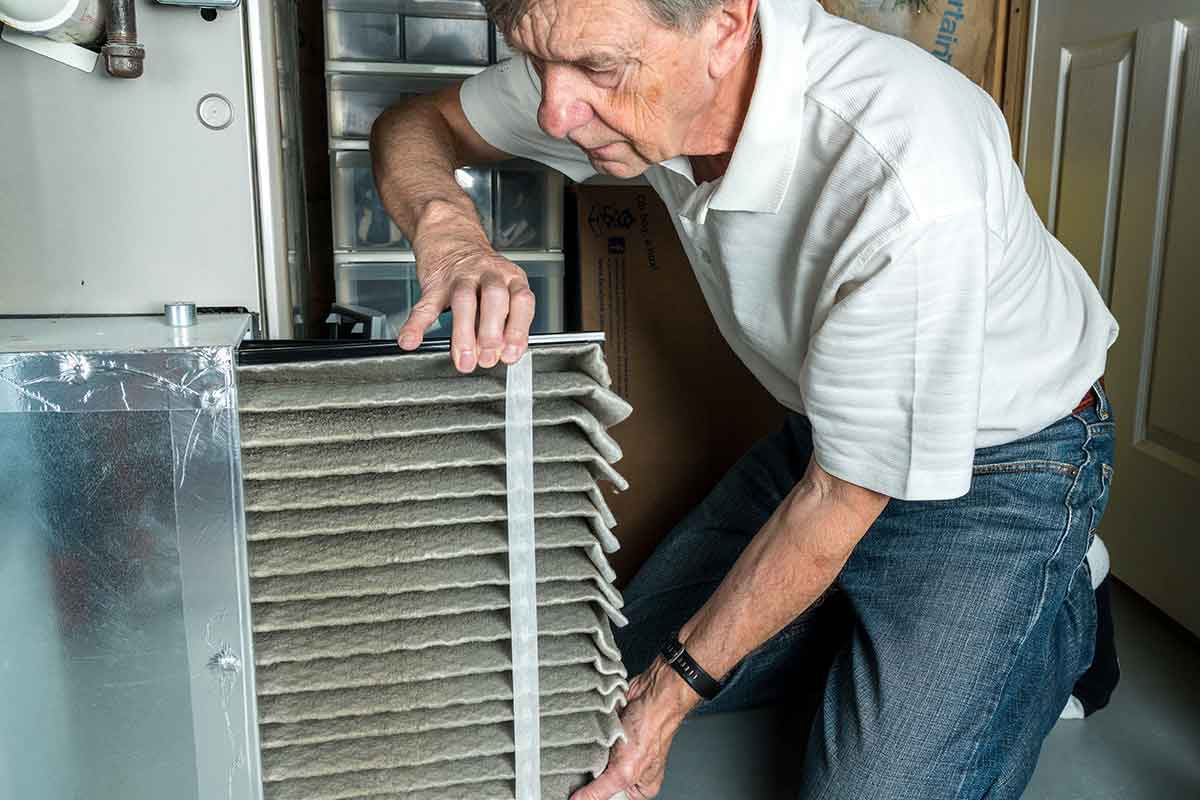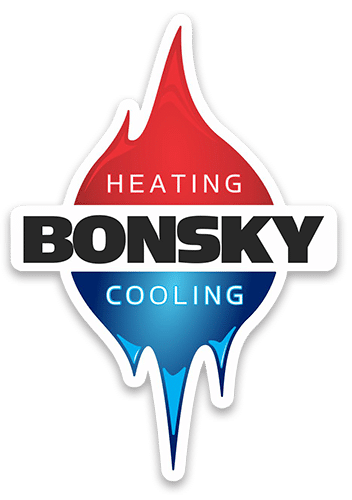How Often to Replace Air Filters: A Comprehensive Guide

As homeowners, we all want to ensure that our HVAC systems are functioning optimally to provide clean and comfortable air in our homes. One of the most crucial aspects of maintaining a healthy indoor air quality is regular air filter replacement. However, many homeowners are uncertain about how often they should change their air filters. In this article, we will discuss everything you need to know about air filter replacement, including how often you should replace your air filters, the factors that affect filter life, signs of a dirty air filter, and tips for choosing the right filter.
How Often Should You Replace Your Air Filters?
The frequency of air filter replacement depends on several factors, including the type of filter, the level of usage, and the presence of indoor air contaminants. In general, it is recommended to replace standard air filters every 90 days or three months. However, homes with pets or family members with allergies may require more frequent filter replacements. Here are some guidelines to follow:- Standard filters: every 90 days
- Homes with pets: every 60 days
- Homes with allergy sufferers: every 30-45 days
- Homes located near construction sites: every 20-30 days
Factors that Affect Filter Life
Several factors can affect the lifespan of your air filter. Here are some of the most common ones:- Airborne contaminants: Filters can become clogged more quickly if they are exposed to higher levels of airborne contaminants, such as dust, pet dander, pollen, or smoke.
- Indoor air quality: Poor indoor air quality can also shorten the lifespan of air filters. If your home has high levels of pollutants or if you live in a high-traffic area with high levels of outdoor air pollution, you may need to replace your filters more frequently.
- System usage: The more you use your HVAC system, the more frequently you will need to replace your air filter. For example, if you run your HVAC system for extended periods, you may need to replace your filter more often.
Signs of a Dirty Air Filter
It’s important to recognize the signs of a dirty air filter, as neglecting to replace your filter can have serious consequences for your HVAC system and your indoor air quality. Here are some common signs that your air filter needs to be replaced:- Reduced airflow: A dirty filter can restrict the flow of air through your HVAC system, reducing its efficiency and making it work harder to maintain your desired temperature.
- Increased energy bills: When your HVAC system has to work harder to maintain your desired temperature, it will consume more energy and cause your utility bills to increase.
- Poor indoor air quality: A dirty filter can no longer trap pollutants effectively, which means that they will continue to circulate throughout your home, compromising your indoor air quality.
Tips for Choosing the Right Air Filter
When choosing an air filter for your HVAC system, there are several factors to consider:- MERV rating: The Minimum Efficiency Reporting Value (MERV) rating indicates the effectiveness of the filter in trapping airborne particles. The higher the MERV rating, the more effective the filter will be. However, filters with high MERV ratings can also restrict airflow, so it’s important to strike a balance between filtration efficiency and airflow.
- Type of filter: There are several types of filters, including fiberglass, pleated, washable, and electrostatic filters. Each type has its advantages and disadvantages, so consider which type will work best for your needs and budget.
Factors That Affect Air Filter Replacement Frequency
Several factors can impact how often you need to replace your air filters. Here are some of the most important ones:- Type of filter: Different types of air filters have varying lifespans. For example, fiberglass filters need to be replaced more frequently than pleated filters.
- Air quality: If your home is located in an area with poor air quality, such as near a construction site or a busy highway, you may need to replace your filters more frequently.
- Number of pets: If you have one or more pets that shed a lot, their hair and dander can clog up your filters faster.
- Number of people: The more people living in your home, the more dust, dirt, and other contaminants will be introduced into the air, which can reduce the lifespan of your filters.
- Smoking: If someone in your home smokes, your filters will become dirtier faster, and you’ll need to replace them more frequently.
- HVAC usage: The more you use your HVAC system, the more often you’ll need to replace your filters.
Signs That It’s Time to Replace Your Air Filters
Even if you’re not sure how often you should replace your air filters, there are some signs that can tell you it’s time for a replacement. Here are some of the most common ones:- Visible dirt or dust: If you can see dirt or dust buildup on your filters, it’s time for a replacement.
- Reduced airflow: If your HVAC system is struggling to push air through your filters, it’s a sign that they’re clogged and need to be replaced.
- Unpleasant smells: If you notice unpleasant smells in your home, it could be a sign that your filters are clogged with contaminants.
- Increased allergies or respiratory issues: If you or someone in your home has allergies or respiratory issues, dirty air filters can exacerbate these symptoms.
How to Replace Your Air Filters
Replacing your air filters is a straightforward process that you can do yourself. Here are the steps:- Turn off your HVAC system: Before you start, make sure to turn off your HVAC system to prevent any air from blowing through the system while you’re replacing the filter.
- Locate the filter: The air filter is usually located near the intake vent of your HVAC system. It may be behind a panel or a grille that you need to remove.
- Remove the old filter: Carefully remove the old filter and dispose of it. Make sure to note the direction of the airflow, as most filters are directional.
- Install the new filter: Insert the new filter into the filter slot, making sure to match the airflow direction with the arrows on the filter.
- Replace the panel or grille: Once the new filter is in place, replace the panel or grille that covers the filter.
- Turn on the HVAC system: Turn your HVAC system back on and make sure it’s running correctly.
Tips to Extend the Life of Your Air Filters
While replacing your air filters regularly is essential, there are also some tips you can follow to extend the life of your filters and keep them working effectively:- Keep your home clean: Regular cleaning can reduce the amount of dust and dirt that enters your HVAC system and prolong the lifespan of your filters.
- Keep pets groomed: Regular grooming can reduce the amount of pet hair and dander that circulates in your home and clogs up your filters.
- Upgrade your filters: Upgrading to a higher-quality filter can reduce the frequency of replacements and improve the air quality in your home.
- Schedule professional HVAC maintenance: Regular HVAC maintenance can ensure that your system is running efficiently, reducing the workload.

